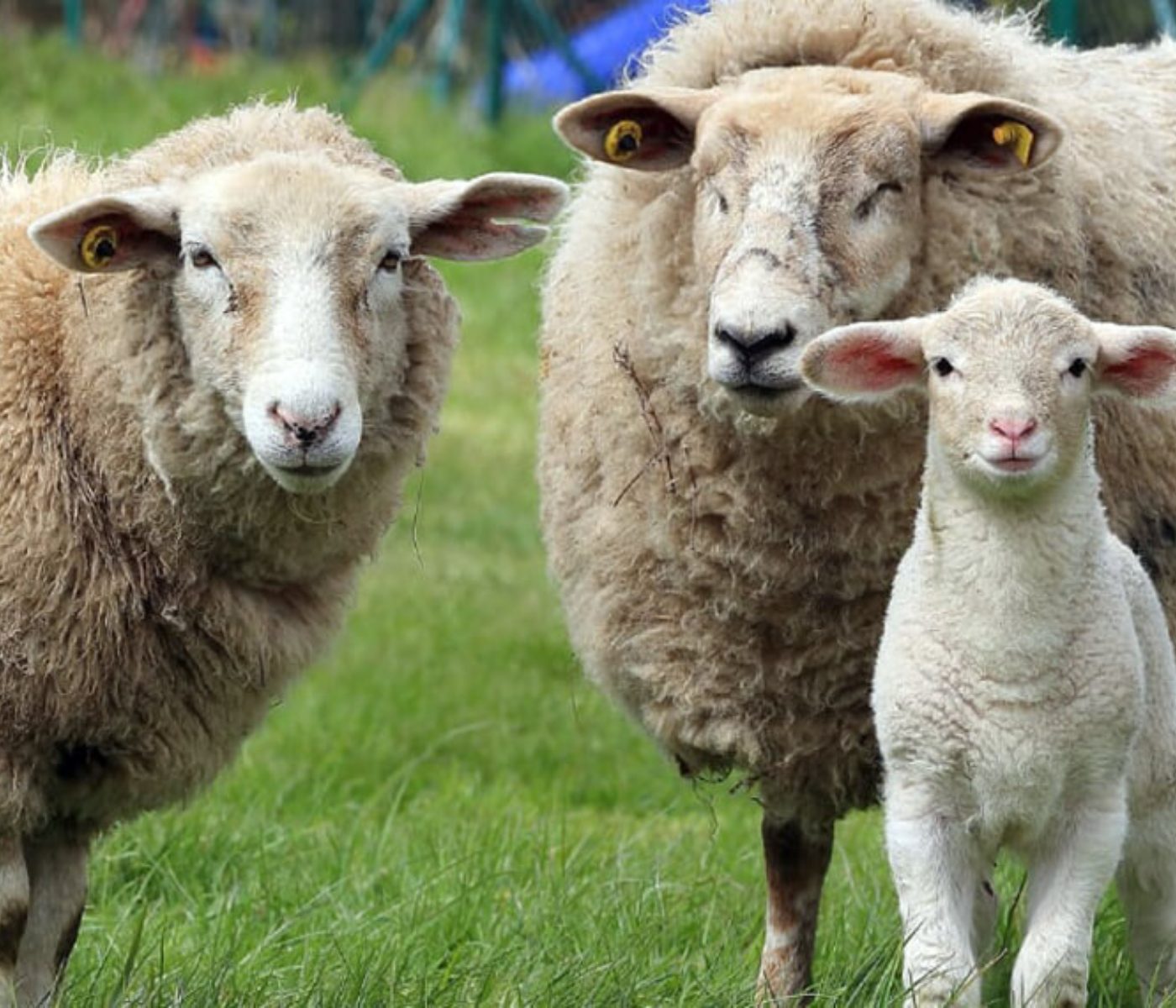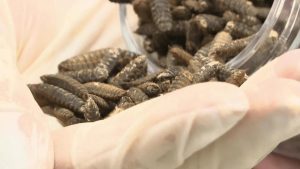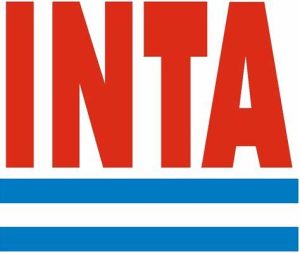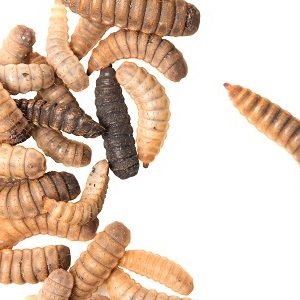 27 Mar 2024
27 Mar 2024
Revolutionizing Livestock Feeding: Harnessing the Power of Insects
In a world where sustainable solutions are becoming increasingly vital, a team of specialists from the Institute of Forestry and Agricultural Research of Bariloche (IFAB) is leading a groundbreaking initiative. Their mission? To revolutionize livestock feeding through innovative practices that not only enhance animal welfare but also contribute to environmental sustainability. At the heart of their endeavor lies a focus on bioeconomic development, with a particular emphasis on an alternative food source for ruminants.
Exploring a New Frontier
The project, spearheaded by IFAB in collaboration with CONICET and INTA, ventures into  uncharted territory by proposing a novel approach to livestock nutrition. Instead of traditional feedstuffs like soybean meal, the team is turning to an unexpected ally: Hermetia illucens, commonly known as “Black Soldier Fly.” Renowned for its larvae’s high protein content and remarkable ability to convert organic waste into premium-grade proteins, this insect holds the key to a sustainable future for livestock farming.
uncharted territory by proposing a novel approach to livestock nutrition. Instead of traditional feedstuffs like soybean meal, the team is turning to an unexpected ally: Hermetia illucens, commonly known as “Black Soldier Fly.” Renowned for its larvae’s high protein content and remarkable ability to convert organic waste into premium-grade proteins, this insect holds the key to a sustainable future for livestock farming.
Partnerships for Progress
This ambitious endeavor is not the work of a solitary entity but a collaborative effort involving various stakeholders. From agricultural cooperatives like Calibuí and “Arreando Sueños” to the Rural Extension Agencies of INTA, the project aims to foster synergy among industry players. By bridging the gap between scientific research and practical application, these partnerships pave the way for widespread adoption of innovative technologies in the agricultural sector.
Leading the Charge
At the forefront of this initiative are esteemed researchers such as Valeria Fernández Ahrex and Sebastián Villagra, whose expertise in ecosystem sociology and animal nutrition, respectively, propels the project forward. Their dedication to addressing the challenges faced by livestock producers underscores the project’s commitment to real-world impact.
Ensuring Animal Welfare
A cornerstone of the project is its unwavering commitment to animal welfare. Led by biologist María Mercedes Odeón, the team conducts comprehensive assessments to ensure that animals under their care thrive in optimal conditions. From monitoring daily weight gain to evaluating stress indicators, every aspect of the animals’ well-being is meticulously attended to, underscoring the project’s ethical framework.
Sustainable Solutions
In embracing insect-based feed alternatives, the project champions a circular economy  approach. By harnessing insects’ ability to recycle organic waste into valuable proteins, it not only mitigates environmental impact but also fosters economic sustainability. Furthermore, the project represents a tangible step towards addressing pressing social and ecological challenges facing the agricultural sector.
approach. By harnessing insects’ ability to recycle organic waste into valuable proteins, it not only mitigates environmental impact but also fosters economic sustainability. Furthermore, the project represents a tangible step towards addressing pressing social and ecological challenges facing the agricultural sector.
Recognition and Future Prospects
 The project’s innovative approach has not gone unnoticed. In 2023, it was honored by INTA for its visionary contribution to agricultural advancement. As the team continues to push the boundaries of innovation, the potential for transformative change in livestock feeding practices looms large on the horizon.
The project’s innovative approach has not gone unnoticed. In 2023, it was honored by INTA for its visionary contribution to agricultural advancement. As the team continues to push the boundaries of innovation, the potential for transformative change in livestock feeding practices looms large on the horizon.
Conclusions
 In the quest for sustainable agriculture, embracing unconventional solutions is paramount. The journey undertaken by the IFAB team exemplifies the power of interdisciplinary collaboration and forward-thinking research in reshaping the future of livestock farming. With insects poised to play a central role in the agricultural landscape, the stage is set for a paradigm shift in how we nourish our livestock and steward our planet.
In the quest for sustainable agriculture, embracing unconventional solutions is paramount. The journey undertaken by the IFAB team exemplifies the power of interdisciplinary collaboration and forward-thinking research in reshaping the future of livestock farming. With insects poised to play a central role in the agricultural landscape, the stage is set for a paradigm shift in how we nourish our livestock and steward our planet.
You may also like to read: “East African Scientists Lead Global Effort for Insect Protein”
Source: CONICET
Subscribe now to the technical magazine of animal nutrition
AUTHORS

Nutritional Interventions to Improve Fertility in Male Broiler Breeders
Edgar Oviedo
The Use of Organic Acids in Poultry: A Natural Path to Health and Productivity
M. Naeem
Synergistic Benefits of Prebiotics and Probiotics in Poultry, Swine, and Cattle
Gustavo Adolfo Quintana-Ospina
Hybrid Rye Potential in Laying Hen Feed Rations
Gwendolyn Jones
A day in the life of phosphorus in pigs: Part I
Rafael Duran Giménez-Rico
Use of enzymes in diets for ruminants
Braulio de la Calle Campos
Minerals and Hoof Health in the Pregnant Sow
Juan Gabriel Espino
Impact of Oxidized Fats on Swine Reproduction and Offspring
Maria Alejandra Perez Alvarado